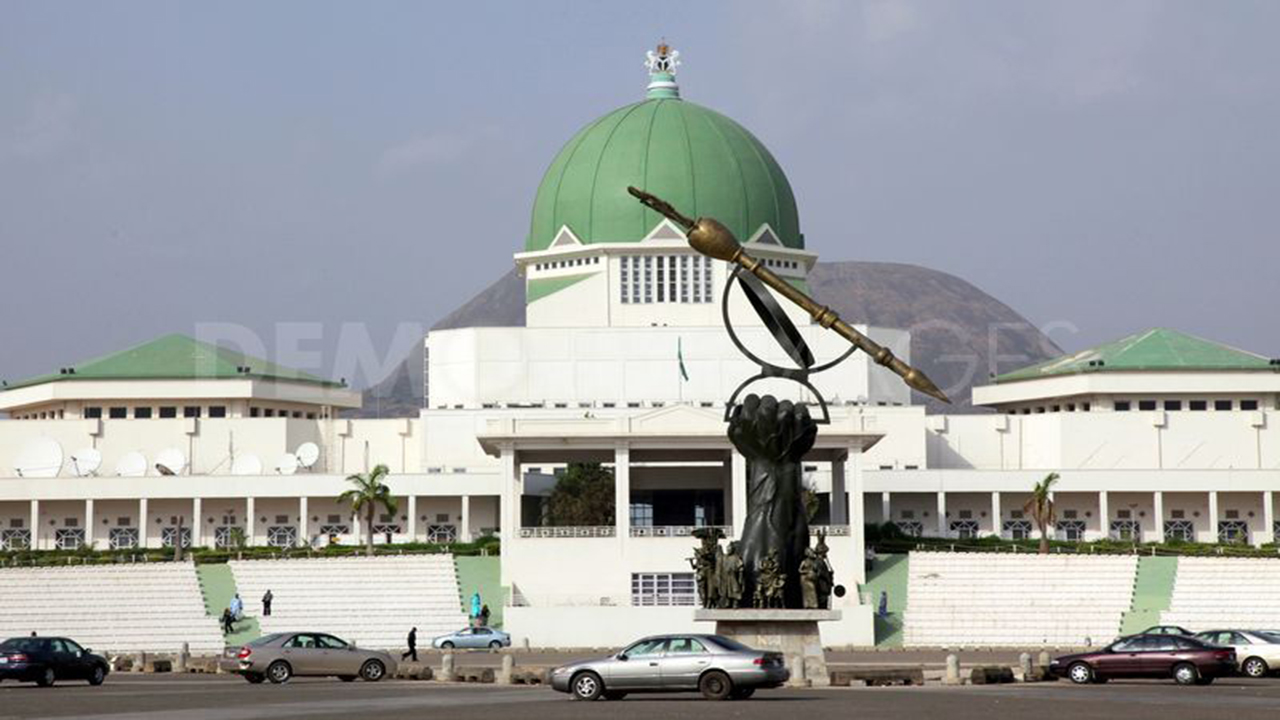A development economist, Dr Chiwuike Uba, has commended the National Assembly for passing 2021 national ”Budget of Economic Recovery and Resilience” in a record 74 days.
Uba, who is also Board Chairman of Amaka Chiwuike-Uba Foundation (ACUF), gave the commendation in a statement made available to newsmen in Enugu on Sunday,
The economist, however, lamented the decision by the National Assembly to increase the budget from N13.08 trillion to N13.58 trillion (3.9 per cent increase) as once again, exposing the weaknesses inherent in the legal framework for fiscal transparency in the country.
“In addition to the weaknesses occasioned by the non-specificity of the power of the legislature to increase the budget presented by the executive, the principle of transparency and accountability in governance are impaired.
“This is even more worrisome when the citizens are inadequately consulted or engaged in budget planning, implementation, monitoring, and evaluation and in most cases, the national and sub-national budgets do not adequately reflect the expectations and aspirations of the citizens’’, he added.
Uba also noted that the budget estimates and sectoral allocations were not aligned to the theme of the 2021 budget.
“The allocations to key social and economic sectors are too poor to jumpstart or reposition the economy on a recovery trajectory; while the budget deficit of 3.64 per cent of GDP is also above the 3 per cent threshold set by the Fiscal Responsibility Law.
He noted: “Some of the budget parameters are realistic, while a greater percentage of the parameters/estimates are overtly too ambitious and unrealistic.
“The oil price benchmark and oil production output are realizable; while the inflation rate of 11.95 per cent, the exchange rate of N379/$1, a growth rate of 3 per cent, revenue and fiscal deficits projection appear very unrealistic, given the available data and trends.
READ ALSO: Nigeria will shut down in 2021 – Prophet Ayodele
“In fact, pegging the exchange at N379/$1 creates room for the black market, round-tripping, and multiple exchange rate regimes.
“More so, given the increasing cost of goods and services, the current inflation rate of over 14 per cent is expected to be on the rise till sometime in June 2021. Therefore, even before the implementation commencement, the 2021 budget is already having credibility issues,’’ he said.
Similarly, Uba observed that the revenue projection of N8.3 trillion is unrealistic given the previous years’ revenue performances, adding that since 2015, the actual revenue of the Federal Government had only increased from N3.24trillion in 2015 to N3.86trillion as of 2019, representing only a 20 per cent increase.
“On the one hand, public debts and unfunded deficits have witnessed a steady increase; from less than N10 trillion as at June 2015 to N25.2 trillion as at June 2020.
“The budget deficit increased from N1.52trillion in 2015 to N5.2trillion in 2021, and “In the same vein, the debt service increased from N624billion in 2014 to N3.3trillion in 2020.
“Painfully, the budgeted 2021 fiscal deficit will increase at the end of 2021, with its attendant implications on debt servicing,’’ he said.
The economist noted that the country’s financial difficulties were made worse by the increasing cost of governance, which had ensured that the recurrent expenditure had continued to increase despite the hardship many Nigerians were passing through.
He urged the government to step in and stop monies earmarked for frivolous expenditures such as entertainment, calendars, souvenirs, as well as the purchase of catering materials, purchase of office buildings/payment for accommodation.

